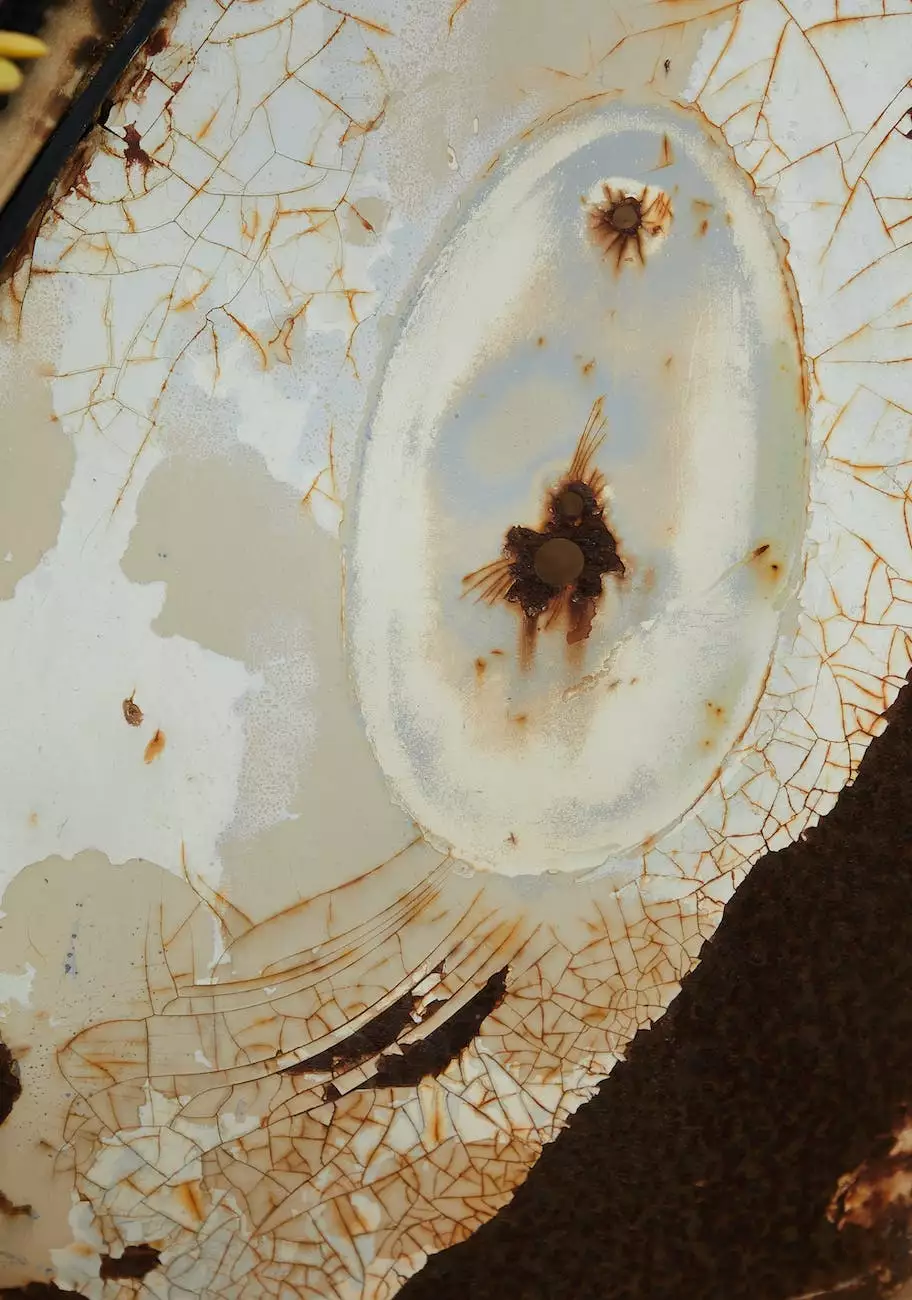The Benefits of Solid Waste Separators in Health & Medical Centers

When it comes to waste management in health & medical centers, efficiency and effectiveness are crucial. The proper handling and disposal of solid waste are of utmost importance to maintain a clean and safe environment for patients, staff, and visitors. To achieve this, the utilization of solid waste separators has become increasingly indispensable.
What is a Solid Waste Separator?
A solid waste separator, also known as a waste sorting system, is a revolutionary piece of equipment designed to streamline waste management processes in various industries, including health & medical centers. It is specifically engineered to separate different types of waste materials, optimizing waste disposal and recycling efforts.
The Importance of Solid Waste Separators in Health & Medical Centers
In health & medical centers, the amount and diversity of waste generated are substantial. From general medical waste to hazardous materials, it is essential to have efficient waste management systems in place to handle the different categories of waste effectively.
Traditional waste management methods often involve manual sorting, which is time-consuming, labor-intensive, and prone to errors. However, with the implementation of solid waste separators, health & medical centers can significantly enhance their waste management practices and enjoy a range of benefits.
The Benefits of Solid Waste Separators
1. Efficient Waste Sorting
A solid waste separator utilizes advanced technology to sort different types of waste automatically. By accurately identifying and segregating materials such as plastics, metals, paper, and biohazardous waste, it enables health & medical centers to minimize manual handling and ensure proper disposal or recycling.
With improved waste sorting processes, medical centers can reduce the risk of human error, enhance overall operational efficiency, and optimize waste management costs.
2. Enhanced Safety and Hygiene
Proper waste management is crucial for maintaining a safe and hygienic environment within health & medical centers. Solid waste separators play a vital role in containing and isolating potentially hazardous materials, reducing the risk of cross-contamination and the spread of infectious diseases.
By effectively separating biohazardous waste from other waste streams, solid waste separators contribute to the overall health and well-being of patients, staff, and visitors. They help minimize the potential for healthcare-associated infections and ensure compliance with health and safety regulations.
3. Environmentally Friendly Practices
The implementation of solid waste separators aligns health & medical centers with environmental sustainability goals. By enabling effective waste sorting and recycling, these systems contribute to reducing the overall carbon footprint of medical facilities.
Through segregation and recycling of materials such as plastics and metals, health & medical centers can minimize reliance on landfill disposal, conserve natural resources, and promote a greener and more eco-friendly approach to waste management.
4. Cost Savings
Efficient waste management has financial implications for health & medical centers. By incorporating solid waste separators, medical facilities can experience significant cost savings in various areas.
Firstly, the streamlined waste sorting process reduces labor costs associated with manual sorting. Additionally, proper segregation of recyclable materials allows for potential revenue generation through recycling initiatives. Moreover, by minimizing the volume of waste destined for landfill, medical centers can reduce waste disposal costs, contributing to long-term financial savings.
Implementing Solid Waste Separators in Diagnostic Services
In addition to general waste management, solid waste separators find specific relevance in diagnostic services within health & medical centers. Diagnostic procedures and testing generate a variety of biohazardous waste, including contaminated laboratory equipment, sharps, and pathological waste.
With the integration of solid waste separators, diagnostic centers can efficiently manage and isolate these hazardous materials, guaranteeing the safety of laboratory staff and preventing potential harm to the environment.
The Future of Waste Management in Health & Medical Centers
As the healthcare industry continues to evolve, waste management practices must adapt to meet new challenges and regulations. Solid waste separators are at the forefront of this transformation.
The integration of advanced waste sorting technology is essential for health & medical centers striving for operational excellence, safety, and environmental sustainability. By embracing solid waste separators, medical facilities can ensure effective waste management, reducing risks, optimizing costs, and promoting a healthier world.
Conclusion
Solid waste separators are revolutionizing waste management practices in health & medical centers worldwide. Their ability to efficiently sort various waste materials, enhance safety and hygiene, promote environmental sustainability, and achieve cost savings makes them indispensable in the healthcare industry.
For health & medical centers providing diagnostic services, the integration of solid waste separators becomes even more critical to address the unique challenges posed by hazardous biohazardous waste.
By implementing these innovative waste management systems, health & medical centers can position themselves as industry leaders in efficient waste management practices, ensuring a safer, cleaner, and greener environment for all.










